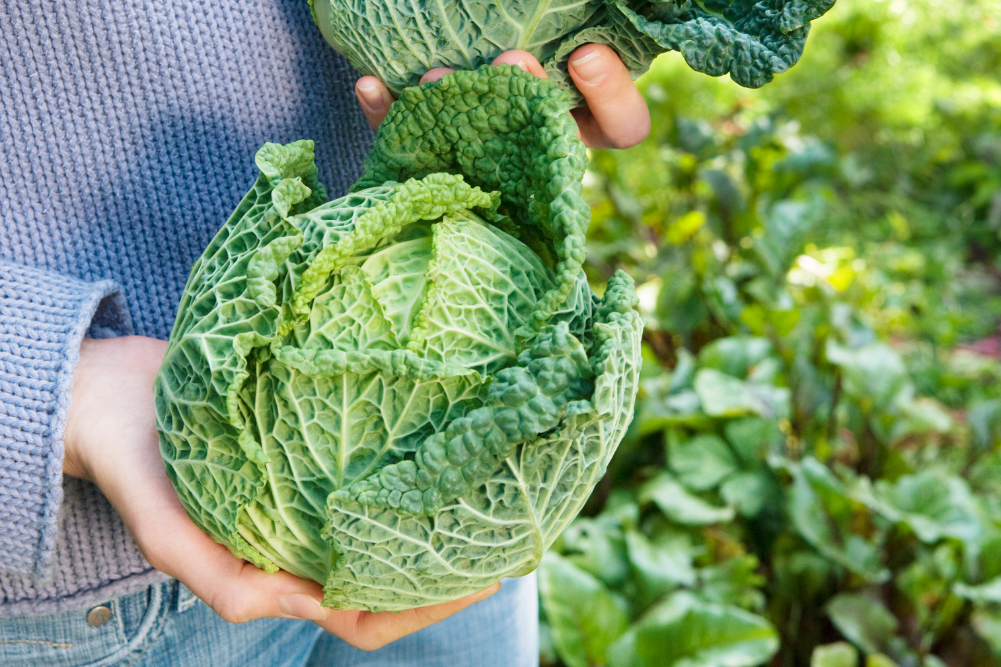Quick Kitchen: Your guide to cooking with beans
Quick Kitchen: Your guide to cooking with beans
From chickpeas to black beans and everything in between, we discover the pros and cons cooking with beans and a delicious meat-free burger recipe!
Servings
4
Prep time
Cook time
Recipe
Ingredients
- Lemon & Garlic Aioli
- 2 egg yolks
- 4 large garlic cloves, crushed
- 1 tbsp lemon juice + extra as needed
- 1 tbsp water
- 310mL light olive oil
- Sea salt, to taste
- Black Bean Patties
- 75g (½ cup) sunflower seeds
- 75g (½ cup) pumpkin seeds
- 1 carrot, grated
- 400g tinned black beans, rinsed & drained
- 1 brown onion, chopped
- 1 tsp ground cinnamon
1 tsp ground cumin
1 tsp ground coriander
½ tsp cayenne pepper
½ chilli, chopped
2 tbsp cold-pressed extra-virgin olive oil
Sea salt & freshly ground black pepper, to taste - Mushroom Marinade
- 60mL coconut aminos or wheat-free tamari
1 tsp coconut sugar
1 tbsp apple-cider vinegar
4 large portobello mushrooms - Salad
- 20g (½ tightly packed cup) rocket, washed & dried
- 4 thin slices red onion
- 2 tomatoes, sliced
- ½ cucumber, sliced
Method
- To make the aioli, beat the egg yolks and garlic in a small bowl with a wooden spoon.
- Add the lemon juice and water and keep beating. Slowly drizzle in the olive oil, beating continuously, until the mixture has the desired consistency. Add more lemon juice and sea salt to taste if needed. Alternatively, prepare in a food processor. The aioli will keep in a sterilised, tightly sealed jar in the fridge for up to seven days.
- Once the aioli is made, preheat the oven to 200°C and lightly grease a baking tray.
- Pulse the sunflower seeds and pepitas in a food processor until coarsely chopped. Add the carrot and pulse for 10 secs.
- Add three-quarters of the black beans, the onion, spices, chilli, olive oil, salt and pepper, then pulse again for 10 secs. Stir the remaining beans into the mixture.
- Using your hands, shape portions of the mixture into four small patties and place them on the prepared baking tray. Bake for 20 mins.
- Meanwhile, make a marinade for the mushrooms by mixing the coconut aminos, coconut sugar and vinegar in a small bowl until the sugar has dissolved. Put the mushrooms in a large frying pan, generously spoon over the marinade, then place over medium heat until cooked through.
- To assemble the burgers, place one mushroom on each plate, lay a black bean patty on top, then add the rocket, slices of onion, tomato and cucumber, and top with the aioli.
Tried this recipe? Mention @wellbeing_magazine or tag #wbrecipe!







